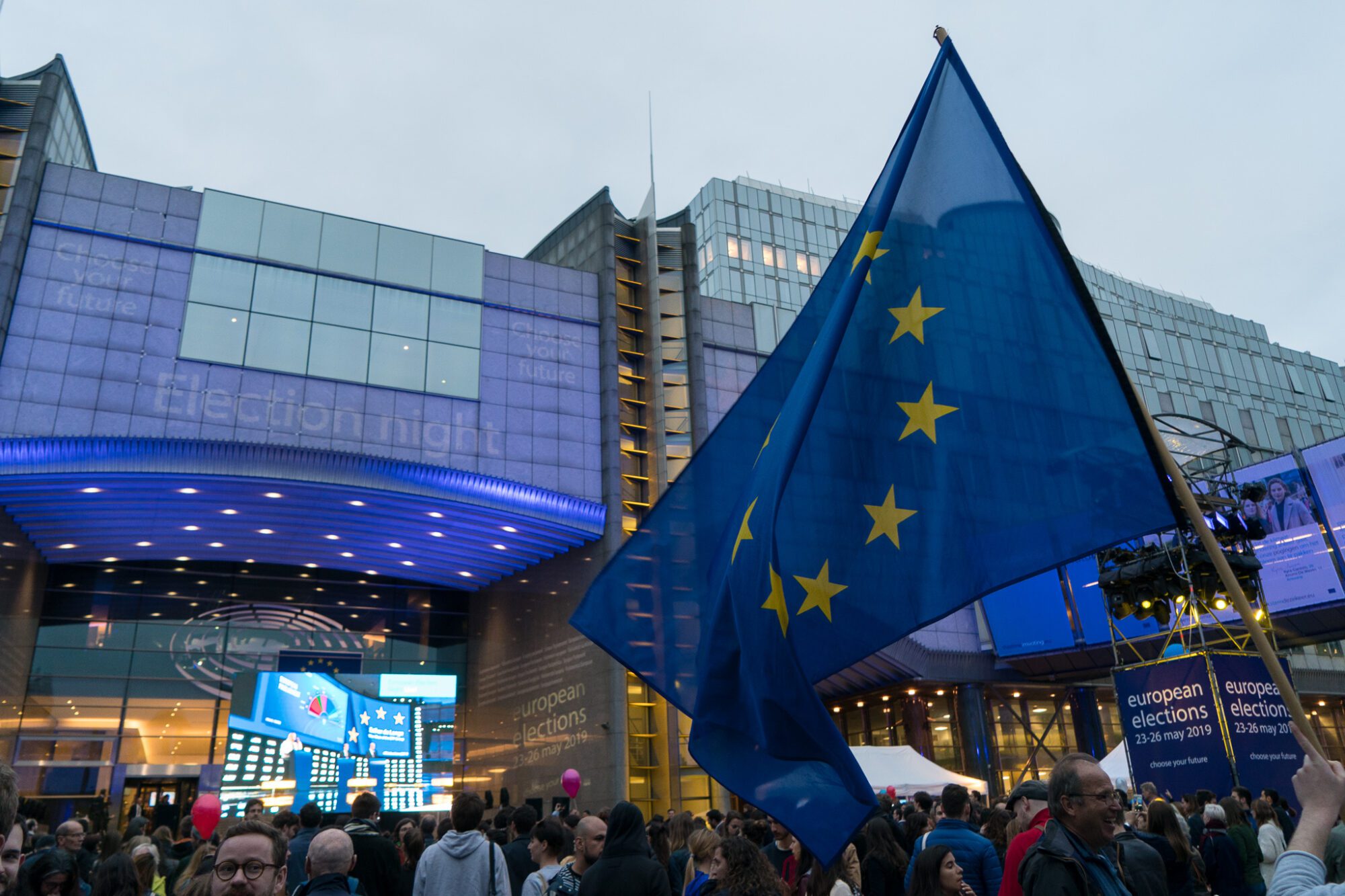
Migrants from EU member states—now being referred to as “mobile Union citizens”—are to be encouraged to vote in their countries of arrival, according to motions passed last week by the European Parliament. While some warn that the scheme’s logistics are unfeasible, others say the whole move undermines national sovereignty, by further promoting the idea of ‘EU Citizenship’.
The two parliamentary reports in question deal with the rights of the “mobile Union citizens”—i.e. citizens of EU member states who have migrated to other EU countries—to vote in local and EU elections in countries where although they are not nationals, they maintain residency.
Since the concept of EU citizens and their right to stand and vote in the municipal and European elections of their resident country is already enshrined in the EU treaties, those who oppose this move face an uphill battle. However, the moral and intellectual case against the parliamentary motion is strong.
Speaking to The European Conservative, Nicolas Bay, MEP for the Reconquête party, said that citizenship cannot be divorced from the nation state:
In trying to create a ‘European’ citizenship from scratch, Brussels forgets that citizenship is necessarily that of a state, of a nation, it is necessarily rooted. It is because one belongs to the national community that one is entitled to influence its destiny via the democratic process: deimos et kratos, the power of the people, of a specific, particular people. Even the European Parliament members are not elected to be representative of the EU, they are of their nations and people. It’s a series of national elections.
To allow Europeans to vote in the local and national elections of a country, interfering with institutional balances that are not their own―for example, voting in the municipal election in France has an indirect consequence on the representation in the Senate―is to damage and devalue the common good of that country. It makes that common good available to people who are only passing through and are not heirs to it. In fact, it is a consumerist approach: democracy and the nation are thought of as consumer goods that should be accessible. What is the next logical step? To make them accessible even to non-Europeans. It’s nonsense.
However, during Monday 13th’s pre-vote debate, both reports received near-unanimous praise from over 20 speakers for over 40 minutes. One of the rapporteurs—the MEP tasked with handling the report—was a German member of the Greens, who spoke of how the EU “can be a real transnational pan-european democracy.”
Among some of the amendments were diktats that “national political parties should be encouraged not to make membership conditional on having the nationality of that Member State” and that information for local elections “be made available in all official [European] Union languages.”
Nevertheless, the proposals met with some objections. At the start of Monday’s debate, Joachim Brudzinski from the ECR Group, a Polish MEP responsible for one of the reports, said that he could not support his own document. The mandate for local elections to have all the necessary information available in all the official EU languages would prove to be an unfeasible burden for small municipalities.
🗳 “Every citizen has the right to participate in the democratic life of the 🇪🇺 and decisions should be taken as transparently and as close to the citizens as possible.”
— ECR Group (@ecrgroup) February 13, 2023
🗣 ECR MEP @jbrudzinski presents his report on the electoral rights of mobile EU citizens. pic.twitter.com/Qr3Yckpngg
But more serious concerns emerged from both the Left and the Right.
Clare Daly, a left-wing MEP from Ireland, who has lately been widely criticised for her anti-NATO votes in the European Parliament, said that low voter turnout among “mobile EU citizens” is hardly the “biggest problem with European Democracy.” She continued, saying,
In fact it’s a technical fix for what are the deep seated problems of a disconnect between the citizens and the institutions. Where in seven member states less than 30% of people bothered to vote in the last European elections. And the reason for that wasn’t because they were mobile, it’s … because they felt that the European parliament and the EU didn’t represent them … [it’s] the neoliberalism which is enshrined in the policies and the treaties of the EU.
Patricia Chagnon, of the right-wing French Rassemblement National party, criticised the entire process and the idea behind it, for not “learning from the objections of the people who are against this empire you’re building.” She declared that the “arrogant and contemptuous continuation of this project … will fail” because “people aren’t interchangeable, and you can’t build them into your empire with your phoney European citizenship.”
